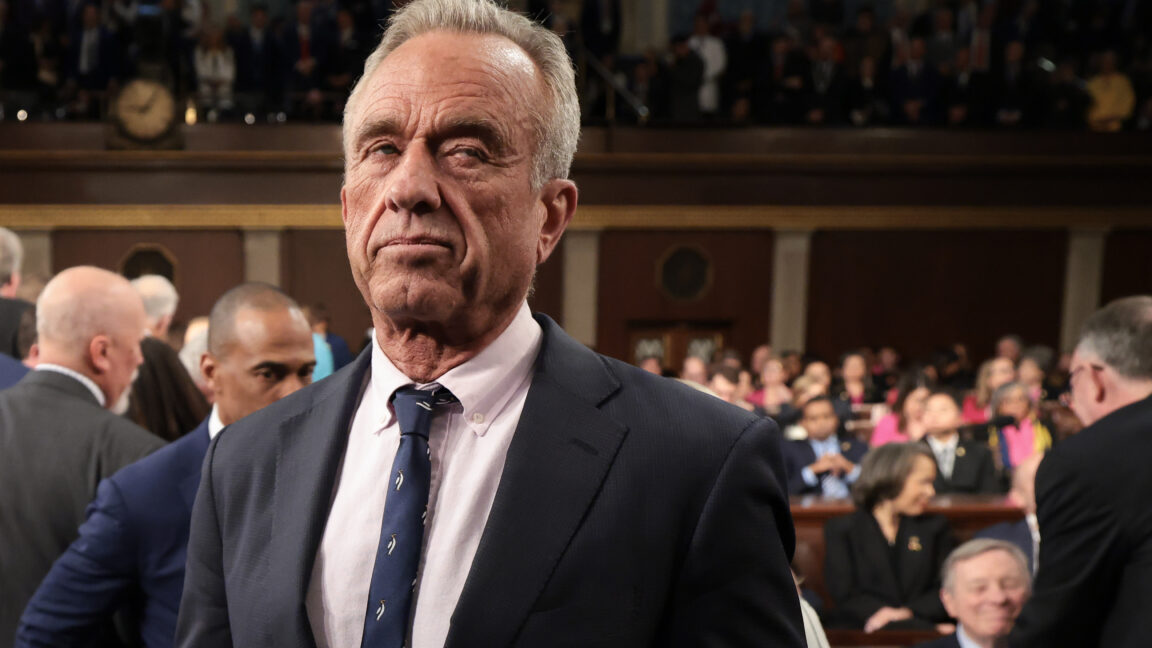CDC Under Scrutiny as RFK Jr. Promotes Claims Linking COVID Vaccines to Child Deaths and Potential Policy Changes

Amid ongoing debates over vaccine safety, federal health officials are reportedly considering significant policy shifts influenced by prominent anti-vaccine advocate Robert F. Kennedy Jr. According to sources cited by The Washington Post, discussions are underway to potentially restrict COVID-19 mRNA vaccinations to individuals aged 75 and older, moving away from the current recommendation for those 65 and above.
Claims of Vaccine-Related Child Deaths Under Investigation
Kennedy Jr. and his allies have been vocal in alleging that COVID-19 vaccines have contributed to the deaths of 25 children. These claims are reportedly based on data from the Vaccine Adverse Event Reporting System (VAERS), a publicly accessible database where anyone can report health issues following vaccination. It is important to note that VAERS reports are unverified and serve as an early warning system rather than conclusive evidence of causality.
Sources close to federal health agencies suggest that some officials may be interpreting VAERS data to support these claims. The Centers for Disease Control and Prevention (CDC) actively investigates serious reports submitted to VAERS to determine if vaccines may be the cause. Historically, most reports of adverse events are not confirmed to be directly related to vaccination after thorough investigation.
-
10 Essential Tech Upgrades to Enhance Your Time Management, Privacy, and Savings This Year

-
How AI Models Can Secretly Pass Harmful Traits Between Each Other

-
Major Data Leak at Google Sparks Phishing Surge Affecting Over 2 Billion Users

-
Is Your Social Security Number at Risk? Key Signs of Potential Theft

Vaccine Safety and Monitoring
Despite these allegations, extensive scientific research and ongoing safety monitoring affirm the safety profile of COVID-19 vaccines. Since their rollout, billions of doses have been administered worldwide, with data indicating that serious side effects are rare. Notably, vaccine-associated myocarditis and pericarditis have been identified, particularly among young males aged 12 to 24, at a rate of roughly 27 cases per million doses. These cases are typically mild and resolve without long-term effects.
Official data from the CDC confirm that COVID-19 vaccines have not been linked to increased mortality or the need for heart transplants. Continual surveillance ensures that any potential risks are identified and managed promptly, maintaining the vaccines’ favorable safety profile.
